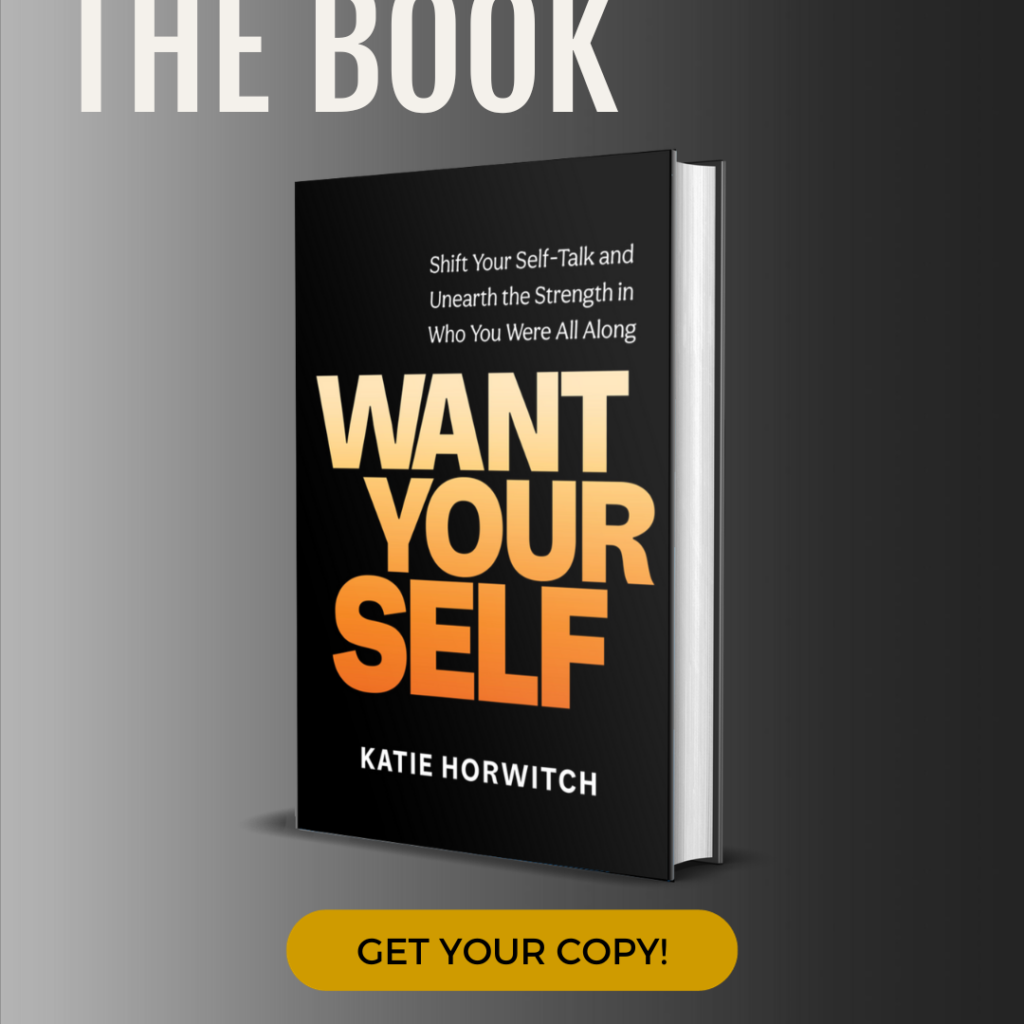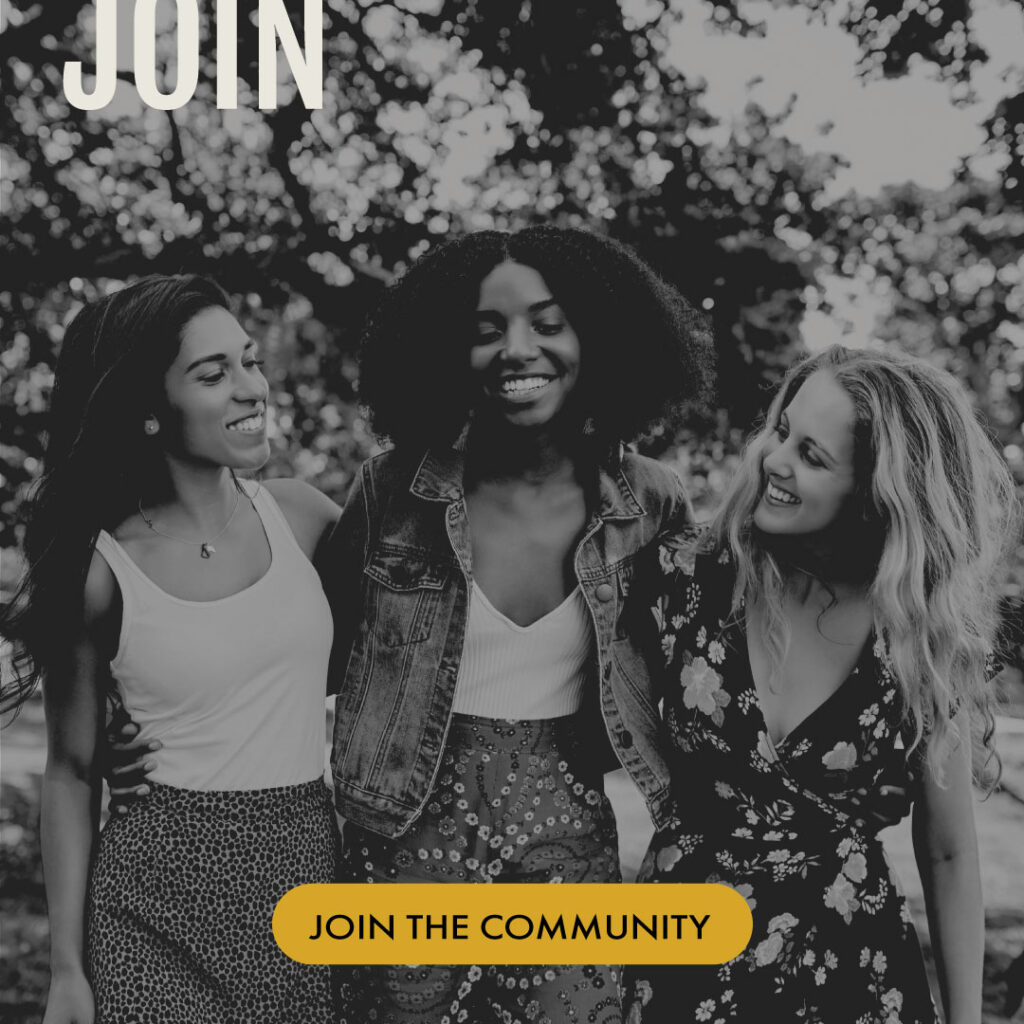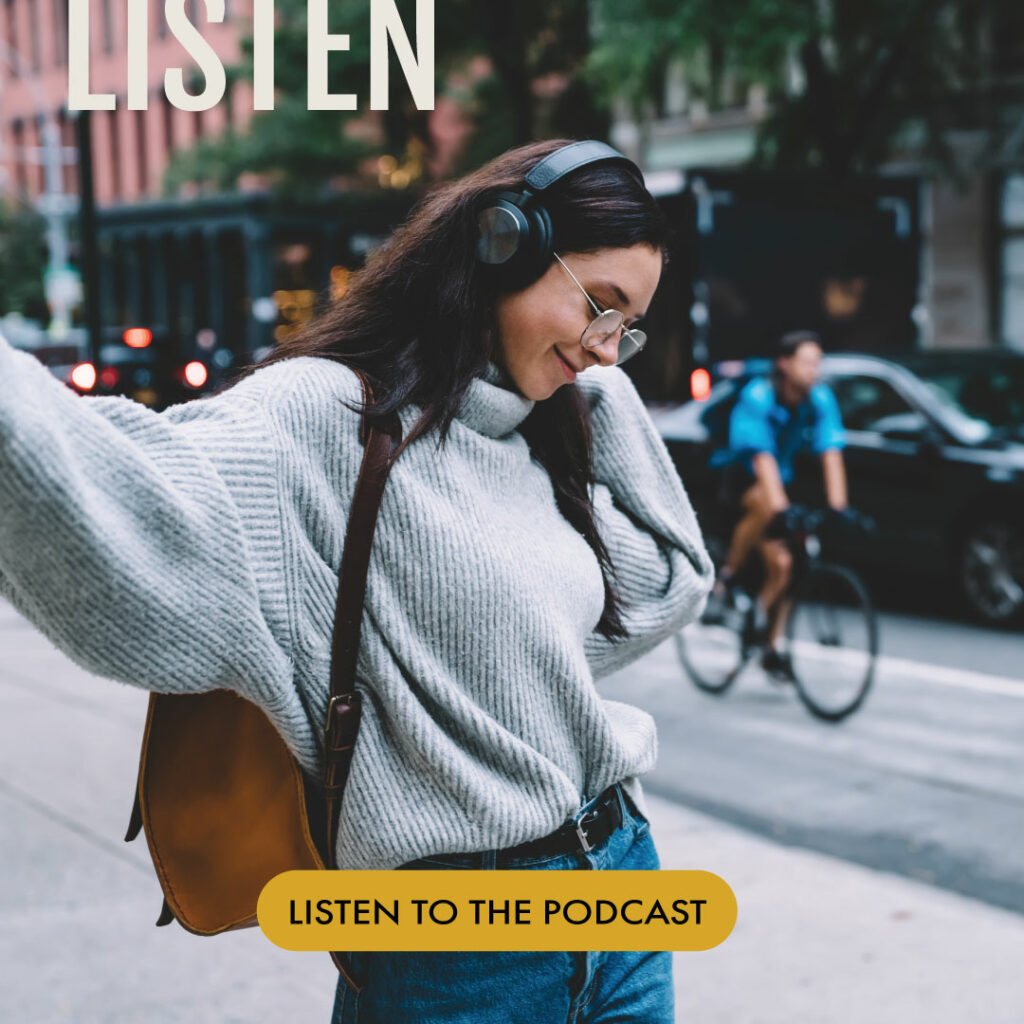Up until about a week ago, I used to say that I didn’t believe in Regret. Regret is a useless emotion, I’d scoff when people would ask me What’s my One Biggest Regret or the One Thing I Wish I Could Do Over. You can’t do anything about the past, I’d say, feeling all enlightened and shit. But you do something about the future.
But all along, here was my secret: Regret was the tagalong I couldn’t quite shake. The third wheel on all my friend dates, all my work meetings, all my nights alone scrolling on my phone. Regret liked to follow me whenever I did an interview, or went on a date (yes, with my husband, who I’m certain will love me no-matter-what-within-reason, no Regret necessary), or walked out of a subway station and noticed the people around me walking slower or faster or asking for spare change and I realized I had none. Regret was always popping by, “just to say hi.” And I am an introvert. I don’t DO casual drop-ins where people pop by “just to say hi.” I’m allergic to them.
Regret and I know each other so well, I laugh and bury my head in my hands when I think about all the times I’ve denied her existence. (See? Head-in-hands. Regret’s even there when I speak about regret. Meta.) NO REGRETS! We’re told to shout it from the rooftops. Regret means weakness. Regret means failure.
About a week ago, I got hit on the head with a major paradigm shift. I wish I could remember where I read it, or who wrote it, but as I was sitting in silence and reading through whatever my nighttime reading was, I came across this:
Regret is one of the most useful and human emotions we have, because it helps us course-correct and do better next time.
Woah. So wait a second. You mean all this time, when I was cringing at that lame thing I said or ignorant thing I did or that time when I felt so awkward that I think I might have changed the climate zone with my beet-red cheeks….you mean all those times, my Regret was there to HELP me??
Regret is one of the most useful and human emotions we have, because it helps us course-correct and do better next time. Share on XJust like any form of negative self-talk, Regret isn’t good or bad – it’s information. What usually happens is we sense a pang of remorse or embarrassment and since it FEELS uncomfortable and maybe even aches a bit, we give it a name. We use our self-talk muscles to warp and translate FEELS BAD to IS BAD.
But is Regret really all that horrible? Well, maybe, if we push it down. We can’t blame her for acting out, though, if we keep shoving her into the back of our emotional refrigerator and letting her grow mold. Eventually, she’s gonna stink up the whole damn fridge. Like, obviously.
If you subscribe to the scientific theory that energy is neither created nor destroyed, then where does all that intense energy from Regret go when we push it down? It doesn’t go away, that’s for sure. Rather, it starts to morph. Into anger. Rage. Hate. Narcissism. Regret is an expert shape shifter under duress; she’ll come back out and sneak-attack using something else as her cover-up.
What if we used all that intense energy that’s brought up when we Regret, to fuel enlightenment or understanding instead? Regret would shape-shift into a Lesson, which then morphs into hindsight, which then translates into a deeper, more meaningful understanding as we experience things over for the first time. That insensitive comment you made to an acquaintance then becomes a deeper sensitivity to experiences that are unlike your own. That huge blow-out you had with a family member that’s now beyond the point of repair becomes a more thoughtful way you interact with the loved ones you’re still lucky enough to have by your side.
Regret can actually be the most useful tool you have in your belt to help you grow and evolve into the you you know you’re meant to be.
This shifted perspective has, as an HSP, completely changed me. Instead of rehashing certain conversations or interactions out over and over again in my brain (and this is a daily occurrence for me if not hourly; I’ve started to tell Jeremy that my vocation is actually Professional Noticer) and CRINGING to near-mental-paralysis over what I SHOULDNT have said or SHOULDNT have done, I now halt the Regret track and ask myself:
What can I take from this?
It takes a LOT of determination to do this. Bravery? Ladyballs? I dunno. Doesn’t feel so brave to me. What it does feel is uncomfortable, and I have to muster up all the determination and follow-through I have within myself to NOT slink away and push that Regret to the back of the refrigerator shelf to gather up mold somewhere. That’s would be what’s fast and easy, not what’s necessary and right. I’ve got to stick with it and see if there are lessons and hindsight and greater understanding at the end of the tunnel. And every time I do this, I realize those things are always there.
~
There are certain questions you get asked a lot in questionnaire-y, quickfire-y type interviews. They’re open ended questions that attach themselves to universal experiences, like wishes or secrets or pet peeves. And one of the most common ones is – you guessed it – What’s Your Biggest Regret?
So here’s my new thing. If I get asked that question again, I’m going to answer this way. I don’t have a Biggest Regret because most all my Regrets have morphed into lessons and hindsight and understanding. And because of those Regrets, I’m able to be a more present, more empathetic, more inclusive and more aware woman that I was before. Sure, I might still have some Regrets, but they just haven’t revealed their true nature to me yet. They’re both inconsequential and paramount at the same time; both everything and nothing.
The biggest lessons I’ve learned are to NEVER underestimate my own power, and that the only person who is the expert on me, is me. My instrincts are never wrong, and if I can differentiate the objective guidance from the emotionally loaded suggestions, I’ll get to where I need to go. The biggest lessons I’ve learned have to do with timing – with truth – with living in a world as someone who is unquestionably herself and questionably questioning everything – with being proactive, not reactive.
The Regrets that got me there? I don’t even remember them.
WANT Yourself:
When do you find Regret pops up most in your life? Is it triggered by certain actions or interactions, or is it random? What’s one thing that a recent mini-Regret could teach you?




Thank you so much for writing this Katie! It’s something that I struggle with and I’m going to take on your reframing and see how it makes a difference in my life!
This makes me so happy to read, Emily! Let me know if it helps…definitely doesn’t make it DISAPPEAR, but it morphs it into something waaaay more useful. Plus you get your sense of control back 🙂
Wow, Katie, this is great, thank you so much for your words. I have one very big regret in my life, which haunted me for years; the feeling that I overcompromised in my previous romantic relationship. It took me a long time to process that. Now I’m in a new relationship and every time there’s a situation in which I have to decide to either compromise or set my limits, I can pause and think, and try to find a balance. So your words have helped me realize that I was able to turn my regret into a lesson and put it into practice. And if I was able to do it once, I should be able to do it every time. Or try at least, never stop trying. Never again shove regret into the back of my emotional refrigerator.
This makes my heart sing. The regrets tied to relationships, especially romantic ones, hit HARD. I’m so, so happy that you’re finding a way to use your regret in a proactive way. Love what you said at the end. The trying. The working toward how you want to feel and how you want to act. That’s what counts the most. We can’t control or even peacefully navigate EVERY situation, but as long as we’re going for it, we’ll hit more times than we miss. Grateful for you <3